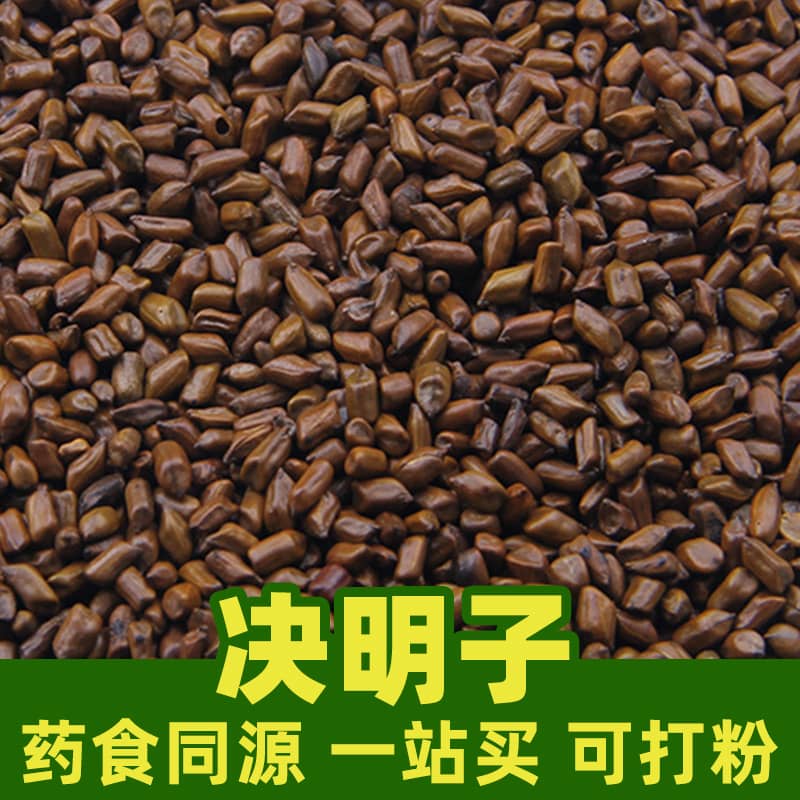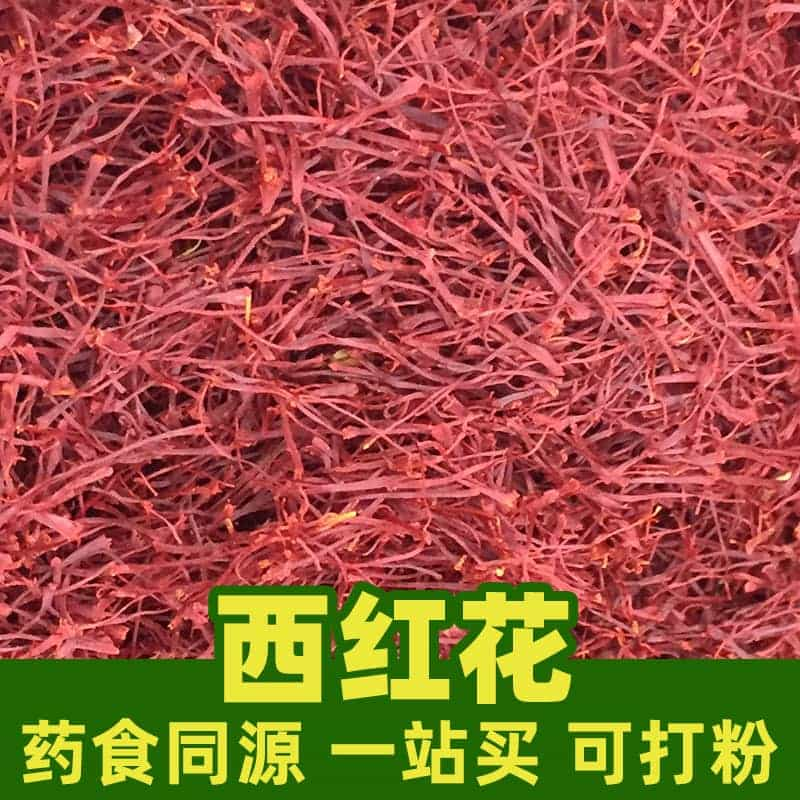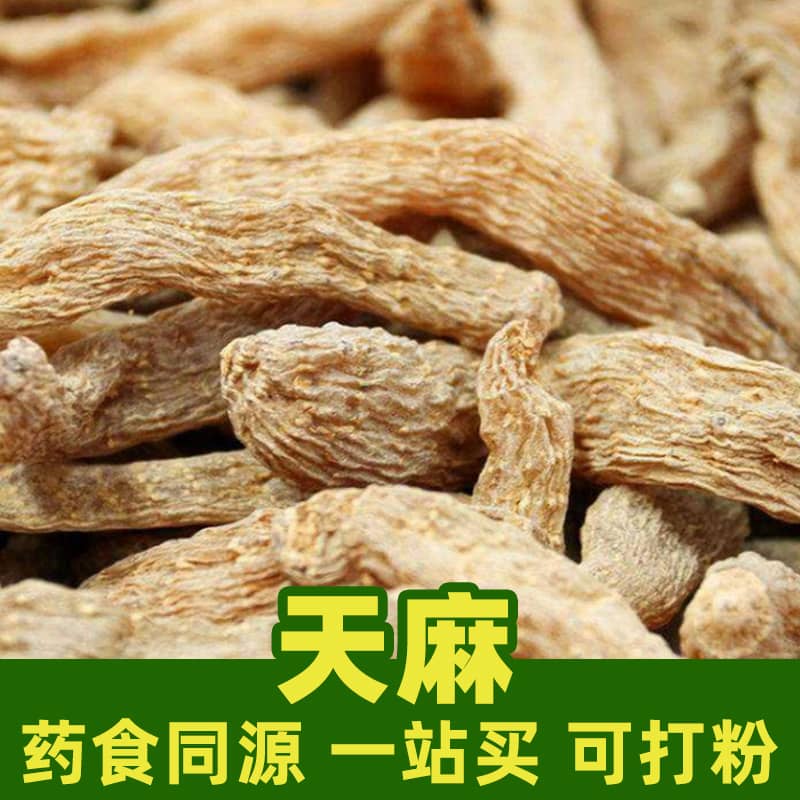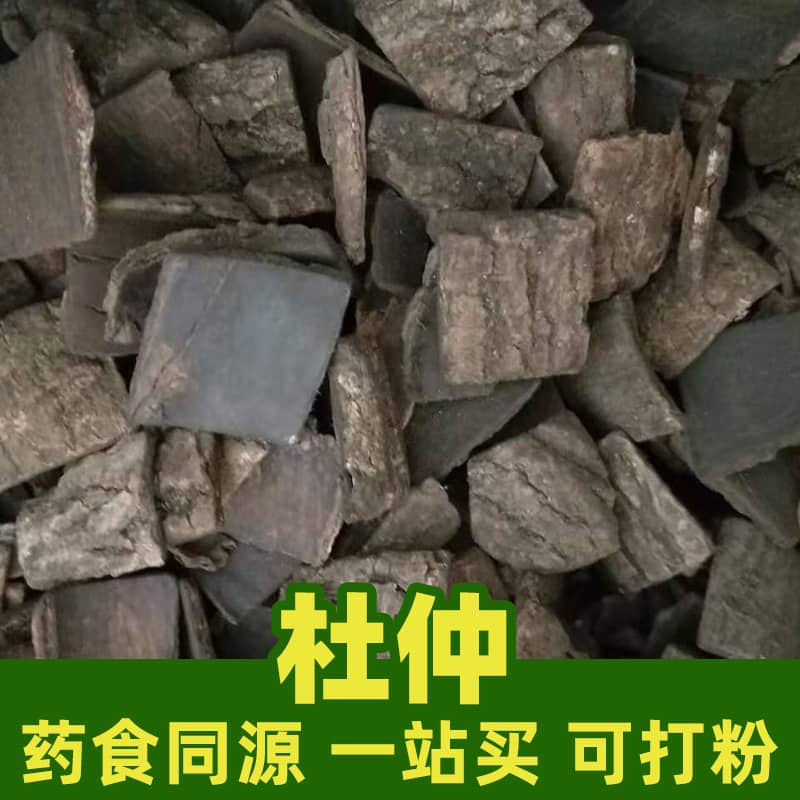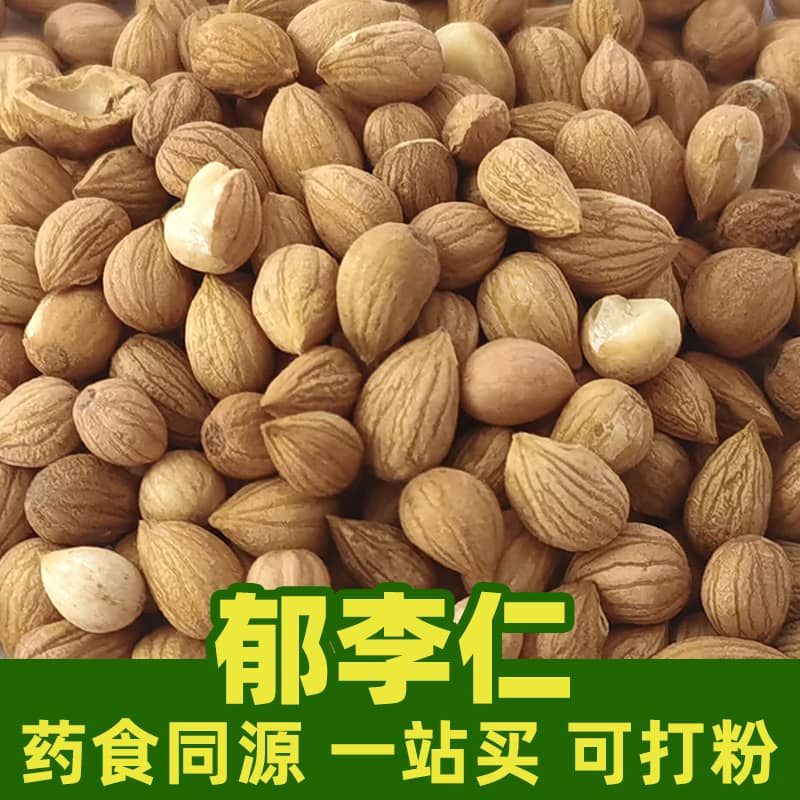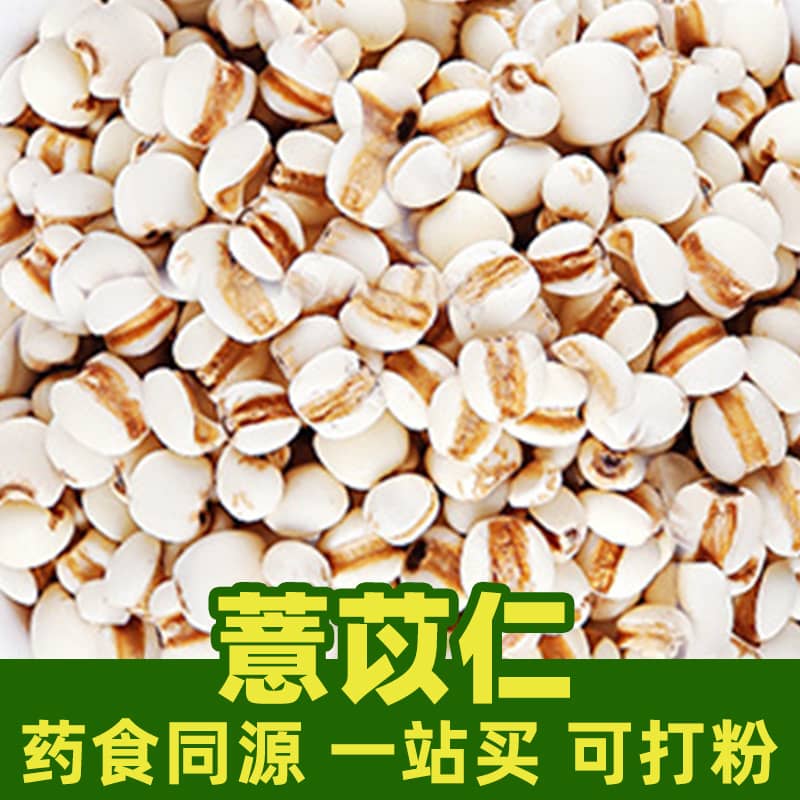- Product Name: Black Jujube
- Other Names: Red Date, Chinese Date, Jujube
- Product Characteristics: Black jujube is a small fruit, typically round or oval. Its skin is dark green to deep purple, and the flesh is soft and reddish-brown.
- Botanical Source: Black jujube is the fruit of the jujube tree (*Ziziphus jujuba Mill.*).
- Main Components: Black jujube is rich in carbohydrates, fats, proteins, vitamins, and minerals.
- Properties and Meridians: Black jujube has a sweet and warm nature, and is associated with the spleen and stomach meridians.
- Applications: Commonly used to boost energy and blood, support spleen and stomach health, and improve relaxation.
- Storage: Store in a cool, dry place, away from direct sunlight and humidity.
Product Introduction
Black jujube is a popular fruit also used in traditional Chinese medicine and cooking. As the fruit of the jujube tree, it is packed with nutrients and known for its benefits. Black jujube is often used to boost energy and blood, support spleen and stomach health, and improve sleep quality.
Main Active Components
Black jujube is rich in carbohydrates, fats, proteins, and various vitamins (such as vitamin C, vitamin A, and B vitamins) as well as minerals (such as iron, calcium, and zinc). These components contribute to its benefits for energy and blood support, spleen and stomach health, antioxidant effects, and liver protection.
Application Scenarios and Usage
Black jujube has widespread use in traditional Chinese medicine and the food industry. In traditional medicine, it is used to replenish energy and blood, as well as to support spleen and stomach health, often for symptoms like fatigue and digestive weakness. In food, black jujube can be eaten alone or used in cakes, sweet soups, and broths.
For general use, a few pieces of black jujube per serving meet daily needs. For specific health needs or medicinal formulations, consult a doctor or follow recipe guidance.
Plant Source, Distribution, and Growth Environment
Black jujube comes from the jujube tree (*Ziziphus jujuba Mill.*), a member of the Rhamnaceae family. Native to China, it is widely cultivated in China, Korea, Japan, and other Asian countries. Jujube trees thrive in warm climates with ample sunlight, adapt well to different soils, and are hardy.
Harvesting, Processing, and Storage
Black jujubes are typically harvested when fully ripe but still on the tree. After harvesting, they can be dried or otherwise processed to prevent spoilage and maintain quality.
For storage, black jujubes should be kept in a cool, dry place, away from direct sunlight and moisture. Proper storage helps extend shelf life and preserves nutritional value.
In conclusion, black jujube is a nutritious fruit with benefits for energy, blood health, spleen and stomach support, and sleep quality. It is widely used in traditional medicine and cooking. Choosing high-quality black jujubes can add health and flavor benefits.
Monica Sun is a seasoned expert in the natural raw materials industry, with over a decade of experience specializing in traditional Chinese medicinal herbs, spices, and fungi. She is skilled in the sourcing, processing, and application of these materials, emphasizing sustainability and innovation. Monica Sun has contributed to the development of high-quality natural raw materials that serve as essential components in functional foods, pharmaceuticals, and cosmetics, delivering tailored solutions to meet diverse market needs.









